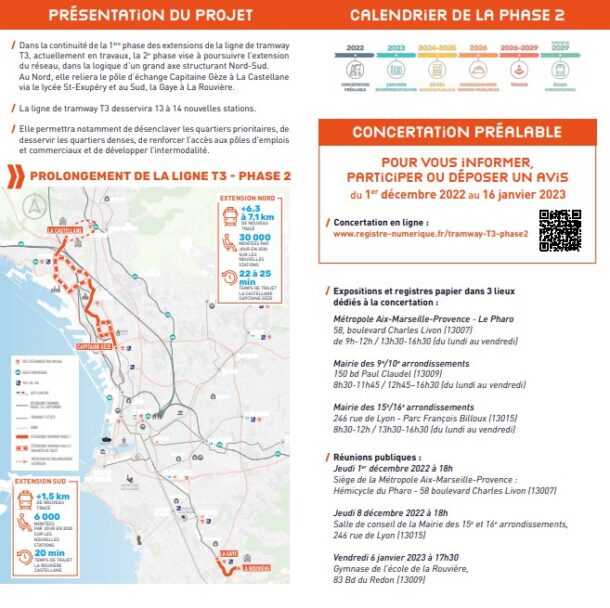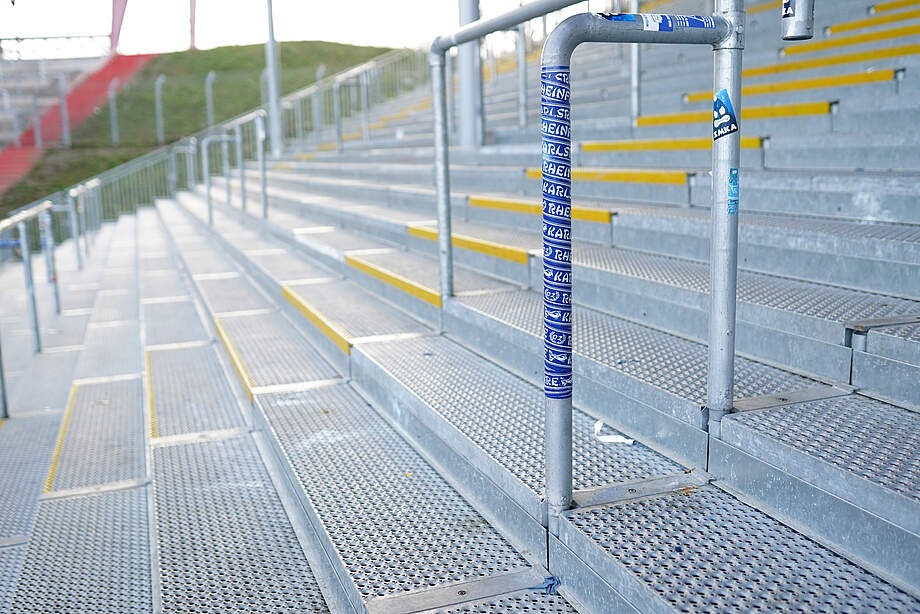West Ham's Financial Future: Addressing A Potential £25m Deficit

Table of Contents
Sources of the Potential £25m Deficit
The projected £25m deficit facing West Ham is a multifaceted problem stemming from several key areas impacting West Ham finances.
Reduced Matchday Revenue
The pandemic's lingering effects, coupled with fluctuating attendance figures, have significantly impacted matchday revenue.
- Reduced season ticket sales compared to pre-pandemic levels.
- Lower corporate hospitality income due to reduced business travel and event restrictions.
- Increased operating costs associated with maintaining the London Stadium.
For example, while specific figures are not publicly available, reports suggest a noticeable dip in season ticket renewals and corporate box sales, contributing significantly to the overall revenue shortfall. The reliance on high matchday attendance for a substantial portion of income makes West Ham particularly vulnerable to these fluctuations.
Transfer Spending and Player Wages
West Ham's recent transfer activity, while aiming to strengthen the squad, has placed considerable strain on the wage bill.
- High transfer fees paid for key players.
- Substantial weekly wages for established and newly acquired players.
- Increased agent fees and other associated transfer costs.
Compared to some fellow Premier League clubs with more robust commercial revenue streams, West Ham's spending might appear less sustainable in the long run without a corresponding increase in income. The club needs to carefully balance ambition with financial prudence when considering future transfers.
Lack of Significant Commercial Revenue Streams
West Ham's revenue model is heavily reliant on broadcasting rights, leaving it comparatively less diversified than some top Premier League rivals.
- Limited sponsorship deals compared to other clubs with similar profiles.
- Relatively low merchandise sales despite a passionate fanbase.
- Missed opportunities for innovative commercial partnerships.
Successful clubs like Manchester United and Liverpool showcase robust commercial income streams beyond broadcasting rights. West Ham must actively seek to emulate these successful strategies to broaden its revenue base.
Potential Strategies to Address the Deficit
Addressing the potential £25m deficit requires a multi-pronged approach focusing on boosting income and controlling expenditure.
Improving Matchday Revenue
Increasing matchday revenue necessitates a holistic strategy focusing on improving the overall fan experience.
- Enhanced stadium atmosphere and entertainment options.
- Attractive ticket pricing packages and family offers.
- Improved community engagement programs to build loyalty and attendance.
Successful case studies from other clubs demonstrate the impact of proactive fan engagement. For instance, creating a vibrant, family-friendly atmosphere can significantly boost attendance and revenue.
Strategic Player Sales and Wage Management
Careful consideration of player sales is crucial for immediate financial relief and long-term wage management.
- Identifying players with high market value and negotiating favorable transfer fees.
- Negotiating contract extensions with key players while offloading high-earning players with limited playing time.
- Implementing a sustainable wage structure that aligns with the club's overall financial capabilities.
This requires a shrewd assessment of the squad and a willingness to make difficult decisions to balance sporting ambition with fiscal responsibility. Selling players strategically can free up funds for reinvestment in other areas.
Boosting Commercial Revenue
Diversifying revenue streams is vital for long-term financial sustainability. This necessitates a robust commercial strategy.
- Actively seeking new sponsors and strengthening existing partnerships.
- Expanding merchandise sales through innovative product lines and online platforms.
- Developing new commercial partnerships with local and national businesses.
- Strengthening the West Ham brand through targeted marketing and branding campaigns.
Investing in a robust marketing and branding strategy can significantly increase the value of the club's brand, attracting more lucrative commercial opportunities.
Long-Term Financial Sustainability for West Ham
Securing West Ham's long-term financial health requires a strategic, long-term vision.
Youth Academy Development
Investing in the youth academy offers long-term cost savings and strengthens the club's identity.
- Developing homegrown talent reduces reliance on expensive transfers.
- Creates a pathway for young players to progress through the ranks.
- Cultivates a strong sense of club loyalty and identity among the fans.
Many successful clubs demonstrate the benefits of a thriving youth academy, providing cost-effective solutions and future stars.
Financial Transparency and Accountability
Open communication with fans and stakeholders is crucial for building trust and accountability.
- Regular updates on financial performance and strategic plans.
- Implementing robust financial controls and risk management strategies.
- Adhering to best practices in financial reporting and governance.
Conclusion: Securing West Ham's Financial Future
Addressing the potential £25m deficit requires a combination of strategies: improving matchday revenue, implementing strategic player sales, boosting commercial revenue, and focusing on long-term financial planning. Investing in the youth academy and maintaining financial transparency are vital for the club's long-term stability. West Ham’s financial stability relies on a proactive and comprehensive approach. What are your thoughts on how West Ham can secure its long-term financial future? Share your ideas in the comments below!

Featured Posts
-
 Projet De 3e Ligne De Tramway A Dijon Concertation Publique Et Adoption Par Le Conseil Metropolitain
May 09, 2025
Projet De 3e Ligne De Tramway A Dijon Concertation Publique Et Adoption Par Le Conseil Metropolitain
May 09, 2025 -
 Analyzing Luis Enriques Influence On Paris Saint Germains Ligue 1 Win
May 09, 2025
Analyzing Luis Enriques Influence On Paris Saint Germains Ligue 1 Win
May 09, 2025 -
 Bundesliga 2 Ueberblick Spieltag 27 Koelns Aufstieg An Die Spitze
May 09, 2025
Bundesliga 2 Ueberblick Spieltag 27 Koelns Aufstieg An Die Spitze
May 09, 2025 -
 Expensive Babysitting Costs Father More In Daycare Fees A Cautionary Tale
May 09, 2025
Expensive Babysitting Costs Father More In Daycare Fees A Cautionary Tale
May 09, 2025 -
 Wynne Evans Seeks To Clear His Name With Fresh Evidence In Strictly Scandal
May 09, 2025
Wynne Evans Seeks To Clear His Name With Fresh Evidence In Strictly Scandal
May 09, 2025
Latest Posts
-
 News From The Bangkok Post The Push For Better Transgender Rights
May 10, 2025
News From The Bangkok Post The Push For Better Transgender Rights
May 10, 2025 -
 The Bangkok Post And The Ongoing Struggle For Transgender Equality
May 10, 2025
The Bangkok Post And The Ongoing Struggle For Transgender Equality
May 10, 2025 -
 The Impact Of Trumps Executive Orders On The Transgender Community A Call For Stories
May 10, 2025
The Impact Of Trumps Executive Orders On The Transgender Community A Call For Stories
May 10, 2025 -
 Examining Transgender Equality Issues Highlighted By The Bangkok Post
May 10, 2025
Examining Transgender Equality Issues Highlighted By The Bangkok Post
May 10, 2025 -
 The Bangkok Post And The Fight For Transgender Equality In Thailand
May 10, 2025
The Bangkok Post And The Fight For Transgender Equality In Thailand
May 10, 2025
